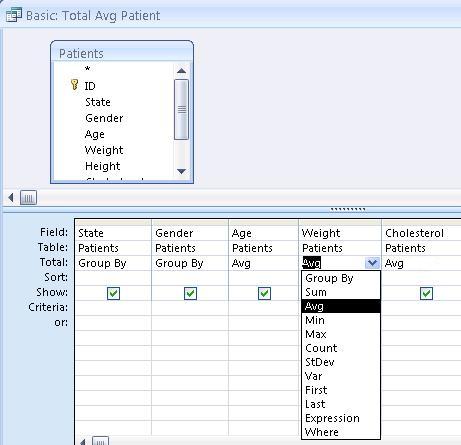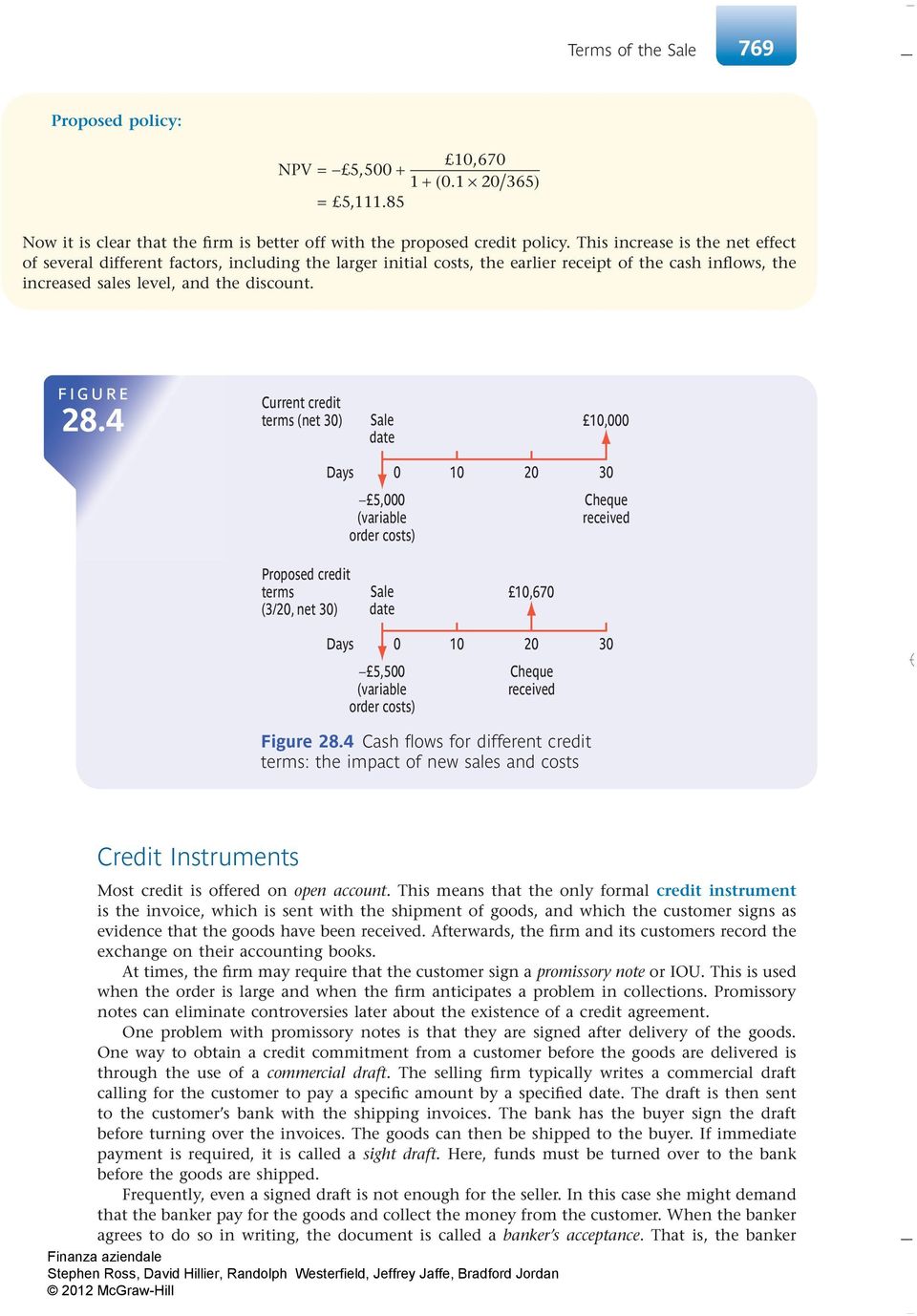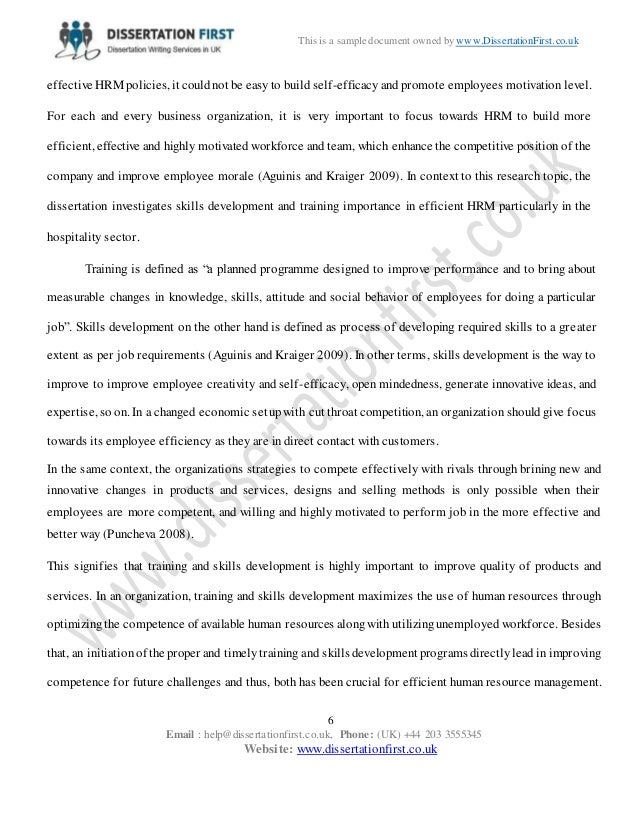
While speech disorders refer to the inability to produce sounds correctly, language disorders refer to difficulty communicating using speech, writing or gestures. We commonly see two main types of language disorders: receptive language disorder and expressive language disorder. Difficulty expressing meaning to others is referred to as an expressive language disorder while difficulty.

Many children with speech and language disabilities can get frustrated with school and suffer emotionally due to their disorders. Teachers must help these students develop the skills to become socially integrated and academically successful. The self-esteem of these students should also be cultivated in hopes that they lead emotionally stable and positive lives in, and out of, the classroom.

A speech impediment can be a serious detriment to learning, and special education teachers need to have a solid game plan ready to accommodate children with this impairment. Advance preparation, achieving focus, and quality time all play a role in working with these students. Tips to Understanding and Approaching Stuttering in the Classroom.

Effective Classroom Strategies for the Student with Language Difficulty. Effective classroom strategies really grew from a combination of sources. The tips outlined are a compilation of ideas from experienced teachers, text-books and from my own background and understanding. For experienced teachers this page may be just a revision, for new grads (teachers and speech pathologists) you should.








